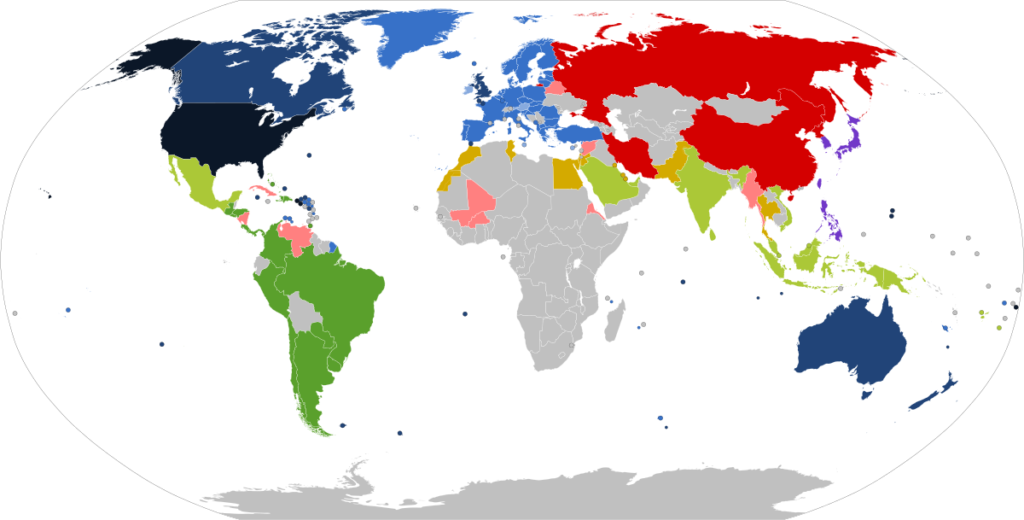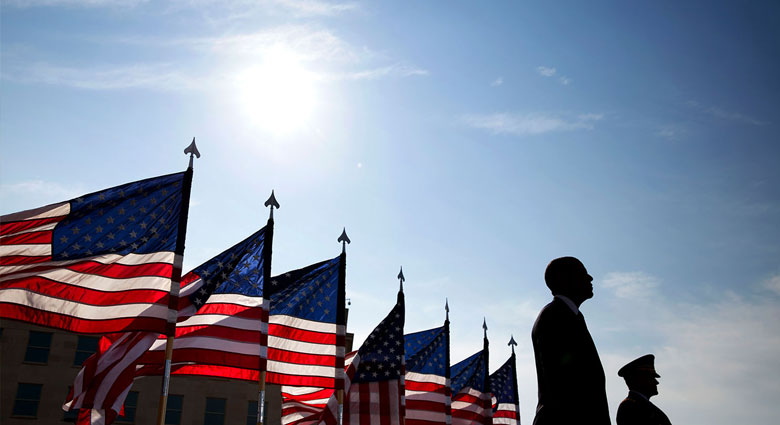Global Leadership and Diplomacy America, In the ever-evolving landscape of international relations, the United States of America has long been a central figure, wielding significant influence on global affairs. As a powerhouse in economics, military might, and soft power, the U.S. plays a pivotal role in shaping diplomatic discourse, forging alliances, and addressing global challenges. This article delves into America’s role in global leadership and diplomacy, examining its historical trajectory, contemporary challenges, and future prospects.
Table of Contents
Historical Foundations of American Diplomacy.
The roots of American diplomacy can be traced back to its founding principles, enshrined in documents like the Declaration of Independence and the Constitution. The vision of the Founding Fathers emphasized principles such as liberty, democracy, and self-determination, ideals that have often underpinned U.S. foreign policy objectives.
America’s emergence as a global leader gained momentum in the aftermath of World War II. The Marshall Plan, NATO, and the creation of the United Nations showcased the country’s commitment to fostering international cooperation and stability. Throughout the Cold War, the U.S. engaged in a strategic competition with the Soviet Union, championing the cause of freedom and democracy while navigating delicate diplomatic negotiations.
Contemporary Challenges and Opportunities.
In the 21st century, America’s role in global leadership faces a myriad of challenges. The rise of new powers, economic interdependence, transnational threats like climate change and terrorism, and the resurgence of great power competition pose complex diplomatic dilemmas. The advent of digital technologies has also transformed the nature of diplomacy, requiring agile responses to cyber threats and disinformation campaigns.
Moreover, shifts in domestic politics and public opinion can impact the conduct of foreign policy. Debates over the appropriate use of military force, trade policies, and immigration shape the contours of America’s engagement with the world. The recent trend towards nationalism and populism in certain quarters presents a tension between domestic priorities and international commitments.
Yet, amidst these challenges, there are also opportunities for American leadership to shine. Initiatives such as the Paris Agreement on climate change, the Iran nuclear deal, and diplomatic efforts to address global health crises demonstrate the potential for constructive multilateral engagement. The U.S. remains a beacon of innovation, entrepreneurship, and cultural influence, wielding soft power that can be harnessed to advance shared objectives on the world stage.

The Role of Diplomacy in American Foreign Policy.
Diplomacy lies at the heart of American foreign policy, serving as a primary tool for advancing national interests, resolving conflicts, and building partnerships. Diplomats, stationed in embassies and consulates around the world, engage in dialogue, negotiation, and advocacy to promote American values and protect its citizens abroad.
Successful diplomacy requires a delicate balance of pragmatism and idealism, recognizing the complexities of international relations while upholding core principles. Diplomatic efforts may involve shuttle diplomacy to mediate conflicts, economic negotiations to promote trade and investment, or cultural exchanges to foster mutual understanding.
The State Department, alongside other agencies like the Department of Defense and the Intelligence Community, plays a crucial role in formulating and implementing foreign policy. However, effective diplomacy also relies on collaboration with non-governmental actors, including businesses, civil society organizations, and academia.
Also Read: The Evolution of American Music
The Future of American Leadership and Diplomacy.
Looking ahead, the trajectory of American leadership and diplomacy will be shaped by a confluence of factors. Geopolitical dynamics, technological advancements, and socio-economic trends will influence the contours of global power and the nature of international cooperation.
Adapting to these changes will require strategic foresight, agility, and a willingness to collaborate with partners old and new. While the U.S. remains a preeminent global power, it must also navigate a more multipolar world, characterized by the rise of regional actors and non-state actors.
Moreover, addressing pressing global challenges from climate change to pandemics—will demand collective action and innovative solutions. The Biden administration’s emphasis on diplomacy and multilateralism signals a renewed commitment to engaging with the world community and upholding democratic values.
Conclusion.
In conclusion, America’s role in global leadership and diplomacy is both a privilege and a responsibility. Grounded in its historical commitment to freedom and democracy, the U.S. must navigate a complex and interconnected world with vision, integrity, and a spirit of collaboration. By harnessing its diplomatic prowess and leveraging its soft power, America can continue to shape a more prosperous, secure, and equitable future for all nations.


Leave a Comment